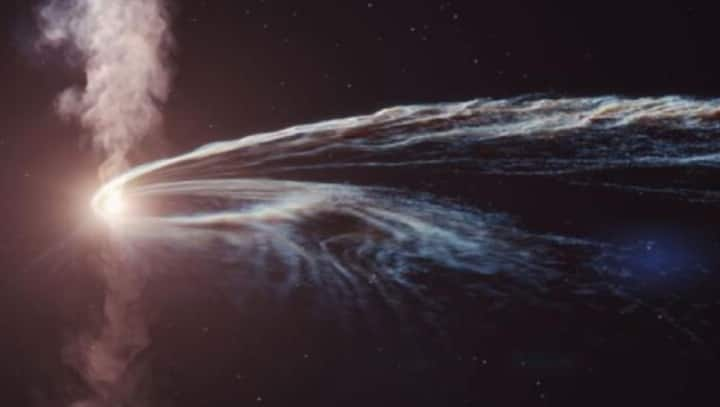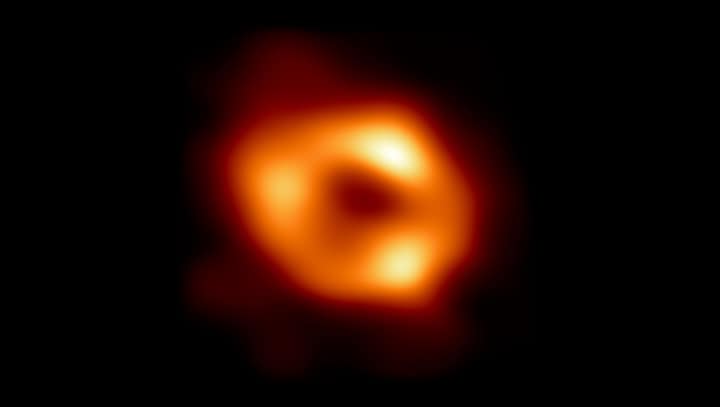Black Holes
Recent Highlights
All Stories for Black Holes

For the first time, a black hole was caught "burping out" remnants of a star it devoured
Fp Staff •For the first time, astronomers and scientists were able to observe a black hole spewing out unidentified materials back into space after it consumed a star in a process called TDE or Tidal Disruption Event.

Is our universe a hologram? Research on black holes reveals mind-bending possibility
•In this version of the cosmos, there is no difference between here and there, cause and effect, inside and outside or perhaps even then and now. We can all be Dr Strange

Explained: What are supermassive black holes, the one which was photographed at the centre of The Milky Way
Fp Explainers •Astronomers have captured the image of Sagittarius A*, the black hole at the centre of the Milky Way for the first time. Sagittarius A* is actually a supermassive black hole. We take a look at what exactly is a supermassive black hole.

NASA releases eerie audio recording from black hole, listen to it here
Trendingdesk •The space agency stated that it was a popular misconception that 'there is no sound in space' because most of space is a vacuum, which leaves no medium for sound waves to travel

Stephen Hawking death anniversary: Here are some of his groundbreaking theories
Trendingdesk •Hawking’s book A Brief History of Time, was an international bestseller and remains influential since it was first published in the 1980s

NASA's James Webb telescope unfolds its giant mirror, passes final pre-launch test
•Scientists from 44 countries will use the telescope to look at alien worlds and penetrate supermassive black holes at the centre of galaxies.

Swarm of smaller black holes found in NGC 6397 where lone, massive one was thought to exist
Trendingdesk •The discovery opens up the possibility of black hole mergers in globular clusters – a potential source of gravitational waves.

First black hole spotted in 1964 is much more massive than researchers expected
Trendingdesk •The Cygnus X-1 black hole may be the most massive stellar-mass black hole ever found, at 21 times our sun's mass.

'Recoiling' black hole in a nearby star cluster keeps slipping detection, baffling scientists
Trendingdesk •Recoiling black holes, like the one in question, are hypothetical objects that are yet to be definitively spotted.

Black holes do not move around sucking in objects like a vacuum cleaners, say scientist
Trendingdesk •He said if the Sun became a black hole, it wouldn't suck other planets; the Earth would still revolve around it, except there wouldn't light and the planet would be very cold.



